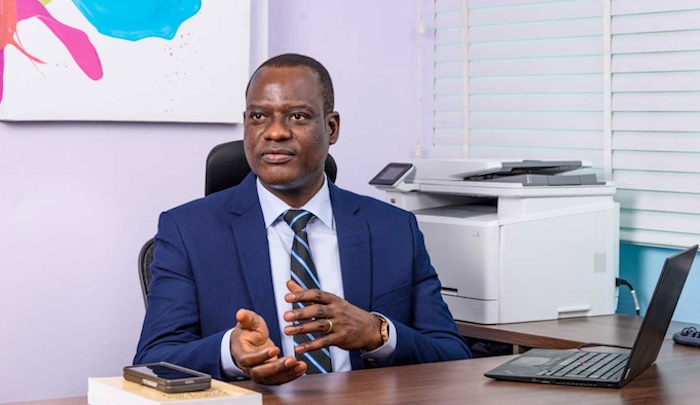
As the National Assembly considers reforms to boost female representation, Senate President Akpabio and Deputy Speaker Kalu have declared their support for the Reserved Seats Bill, promising that it will receive careful attention and action.
Speaking at the opening of the 2025 Law Week of the International Federation of Women Lawyers (FIDA) Nigeria, Abuja Branch, on Monday, Akpabio noted that the event’s theme, “Advancing Women’s Representation: Reserved Seats and the Future of Nigeria’s Legislature”, was timely and reflected a commitment to gender equality, inclusiveness, and meaningful participation of women in legislative decision-making.
Represented by Senator Idiat Oluranti, Akpabio emphasized that women’s strength forms the foundation of society. Recalling the values instilled by his mother, dignity, discipline, resilience, faith, and integrity, he said, “The potential of women is not supplementary; it is fundamental. When I fight for gender equality and push for female representation, I’m doing it as a policy.”
In his keynote address, Deputy Speaker Benjamin Kalu highlighted the stark underrepresentation of women in Nigeria’s legislature. “Women make up nearly half of Nigeria’s population, yet hold fewer than five per cent of seats in the National Assembly, ranking us 178th out of 182 countries globally”, he said. Kalu warned that this imbalance has real consequences for governance, development, and national cohesion, noting that countries that close gender gaps, according to McKinsey, could unlock trillions in economic value.
Kalu also stressed that the 10th House of Representatives, under Speaker Tajudeen Abbas, has prioritized inclusion as a core legislative mission. “Through national dialogues, public hearings, and community engagement, we are shaping a Constitution and legislative framework that reflect the voices of all Nigerians,” he said.
Speaking further, the Ministry of Police Affairs, represented by Okorie Kalu, described the initiative as “commendable and overdue”, noting that regulations are being drafted to remove discriminatory enlistment criteria and improve training, duty assignments, maternity leave, postings, and the establishment of a Women and Children Protection Centre under the Inspector General of Police.
Both leaders concluded that the Reserved Seats Bill is more than a policy, it is a pathway to equitable governance, inclusive development, and a legislature that fully harnesses the talent and perspectives of Nigerian women.


